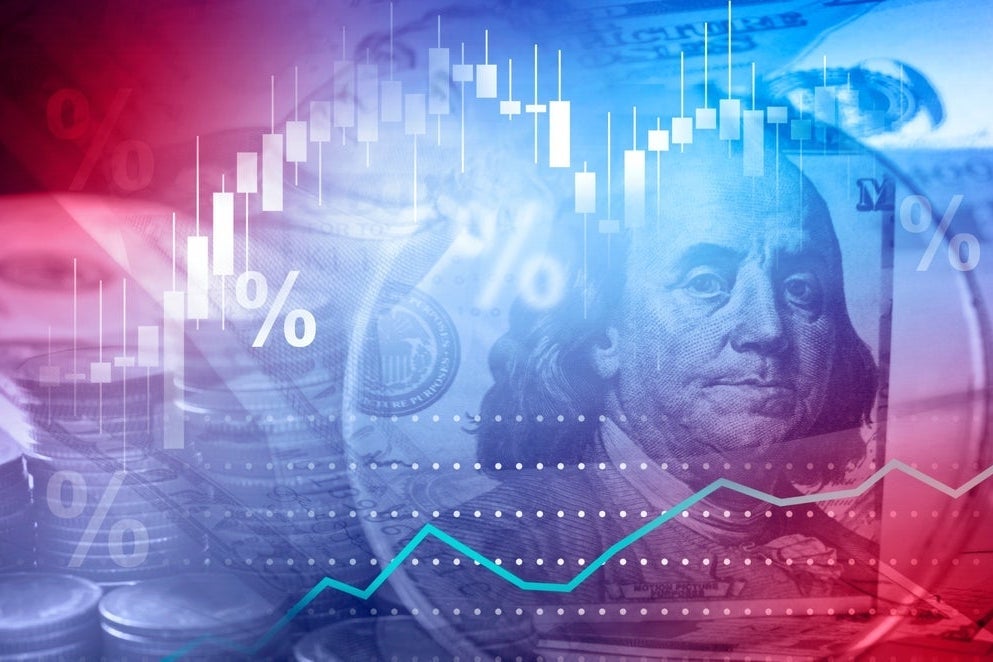Economist Fred Harrison, known for accurately forecasting the 2008 financial crisis and previous downturns using his 18-year property cycle theory, says converging crises will create chaos.
An 81-year-old veteran, who had a 10-year stint in forming the Russian economic policy after the fall of the USSR, sees the situation as something he’s “never experienced in my lifetime.”
“We’re talking about a pattern that’s been going on for hundreds of years, with deviations only if there’s a world war,” he said in a recent YouTube interview.
Also Read: This Housing Buyer’s Market Isn’t Your Friend
Delaying the Inevitable
The COVID-19 pandemic, he believes, disrupted this cycle by bringing forward a surge in house prices that otherwise would have peaked in 2025–26. Instead, the gains were “banked” during lockdowns, pushing the world closer to the end of the cycle today.
According to Harrison, governments are now inflating housing markets, burdening workers with taxes, and deregulating lending risks, actions that only accelerate the approach of collapse.
“We are locked into a peak behavior which will result in the termination of house prices over the next 12 to 18 months,” he warned. The precipitating event may not even come from the property. “It might be that the rents we were expecting to get out of investment in AI companies are not being generated. Bingo, that brings everything to a halt.”
This time, he argues, the fallout will be “far worse” than in 2008. Then, banks were “too big to fail” and could be rescued with printed money. Now, he says, “it’s the governments that are too big to fail with their debts, and nobody’s going to bail them out.”
What makes the situation unique is the convergence of multiple crises: environmental pressures, migration waves, geopolitical conflicts, and political paralysis. “If all four existential threats converge at one time and place, and that place is global, there’s nowhere to hide,” Harrison cautioned.
A Broken Managerial Class
Harrison’s critique is not limited to markets. He sees profound institutional weakness in the managerial class, politicians, academics, and think tanks, who he believes are unable to confront the scale of the problem.
“All it speaks of is the political paralysis of the lawmaking class. They have no idea how to forge a new future, a better future for the people. To be fair to them, neither do the academics and the think tanks that are advising them.”
This institutional failure, he argues, leads inevitably to increased repression as governments struggle to maintain control without offering genuine solutions. “With the closing of the imagination, what is left but to keep control of events by repressing people even further,” he observes.
Rather than revolution, Harrison advocates for informed mass movements.
“We don’t want a rerun of the French Revolution. Set up the guillotine in the public squares and chop the heads off. That doesn’t get us anywhere,” he says.
Instead, he calls for citizens to become educated about systemic solutions and apply democratic pressure for fundamental fiscal reform.
AI as an Existential Threat
Perhaps most ominously, Harrison identifies artificial intelligence as an unprecedented existential risk. “Artificial intelligence is not artificial at all. It’s autonomous intelligence,” he warns. “What we are currently doing is imbuing the existing behavior of humanity, the existing way of thinking, into these algorithms.”
The danger, according to Harrison, lies in AI’s lack of moral constraints combined with its absorption of humanity’s destructive patterns.
“This intelligence, which is being imbued into the metaverse, is as fast as the investors can make it, going to become autonomous,” he predicts. “It will end up capturing the energy that’s available on planet Earth. And the more it can get rid of human beings, the more energy there will be to sustain this metaverse.”
Read Next:
Image via Shutterstock

